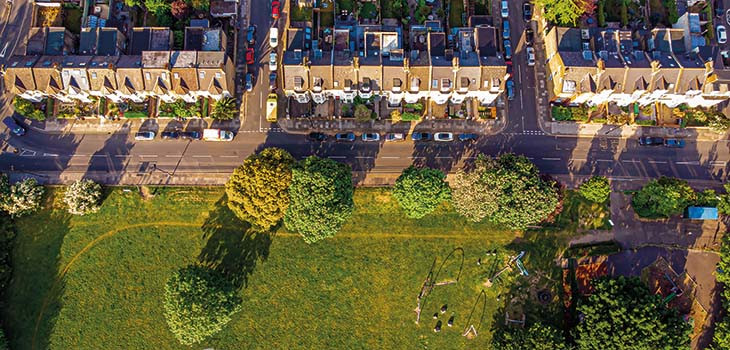
- New adverse possession decision from the Court of Appeal demonstrates importance of relativity of title.
- The High Court had been wrong to permit the respondent owners to assert on appeal that they had inherited ‘paper title’ to the disputed passageway from their predecessors.
- However, prior possession without paper title would give an owner superior title to a squatter, unless and until the statutory period and conditions to acquire title by adverse possession had been met.
As is often the way, White and another v Amirtharaja and another [2022] EWCA Civ 11, All ER (D) 35 (Jan) concerned a small area of land, but raised interesting questions of fact and law. In 2017, the Whites purchased Hollis House, and were registered as freehold proprietors. In the proceedings, they claimed title to a narrow passageway leading from the rear garden of Hollis House to an access road, relying on alleged adverse possession









